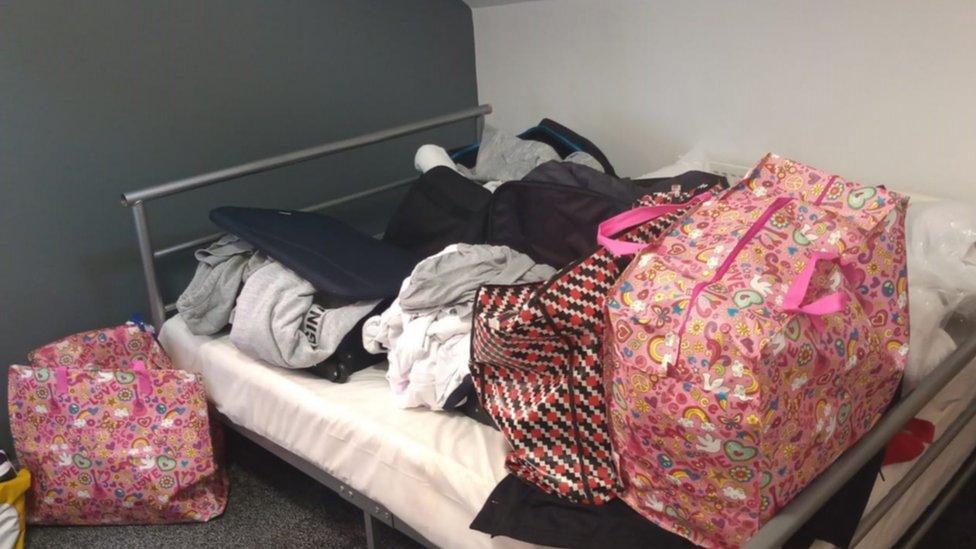Competition watchdog investigates children's social care sector
- Published

The Competition and Markets Authority (CMA) has launched a study of children's social care across Britain.
It will consider low availability and rising costs in children's homes and fostering, as well as concerns about private providers.
CMA CEO Andrea Coscelli said it was a unique market and the overriding priority was to identify ways children can get better care.
The Independent Review of Children's Social Care welcomed the inquiry.
Its chair, Josh MacAlister, said the study would complement his own team's work and he pledged to work closely with it over the coming months.
Mr MacAlister had requested the inquiry in January, saying the CMA had the expertise and powers to investigate the children's social care "market".
When asked on BBC Radio 4's Today programme if his review would look at whether there should be a market in children's services, MacAlister replied: "Nothing is off the table."
He said he had been contacted by many in the sector who said the system "just isn't working".
The independent Children's Homes Association said it was confident the study would confirm "the true position" of cost and quality.
An inquiry was first requested in July 2019 by MPs on the communities and local government select committee, and again by the Children's Commissioner for England last year.
According to official figures, in England, Scotland and Wales around 99,000 children live under the care of their local authority - approximately 65,000 live in foster care and around 16,000 children live in residential care, including children's homes and independent or semi-independent accommodation.
'I don't bother unpacking'
One 17-year-old, currently in care in the north of England, told the BBC he "lives out of suitcases" and does not bother unpacking.
John, not his real name, was taken into care late in 2019 and is now on his ninth placement.
He is supported by the charity Coram Voice.
John was sent to a series of different emergency placements, some in children's homes, some in unregulated accommodation, because there were no long-term places available .
He stayed in one home for five months, where for the first time he managed to build relationships with staff and the other young people.
It was a relief, he said: "I managed to offload what had been happening and how I was feeling."
But he was moved out of there into semi-independent accommodation when he turned 16.

'John's' current room with unpacked bags on bed
Unregulated accommodation is usually cheaper than children's homes, which cost local authorities around £4,000 per week.
John said that he had been predicted high GCSE grades but was awarded low marks because he had missed the school year.
Having to move so frequently took a toll on his mental health.
"There was a feeling of distress... and the feeling of not knowing was overwhelming, not knowing what was happening behind the scenes, not building any roots," he told the BBC.
He was unhappy too at the idea home owners could be "profiting" from his use of their service.
"In all the homes I've been in I've met two directors. Both were driving Range Rovers. They were suited and booted. It's sad to think they're profiting from me using their service."
'Attractive investment'
Private equity investors have moved into this sector in recent years.
Rising demand for places in children's homes and foster care, a secure investment in troubled economic times, has made the sector "increasingly attractive" to investors, say analysts.
A recent report for the Local Government Association showed that the six largest providers of placements for children made £219m of profit last year.
Some of the largest providers of residential and fostering places were achieving profits of more than 20% on their income.
The increasing profitability is down to a number of factors, says the report's author, Andrew Rome, not just the increase in fees to local authorities.
Homes are more likely to be full, and when groups expand, lower overheads mean even bigger profits, he says.
"The larger providers in the sector, some of whom sit across residential and foster care, are the fastest growing in the sector, both in income and profitability."
Related topics
- Published11 November 2020

- Published15 January 2021
